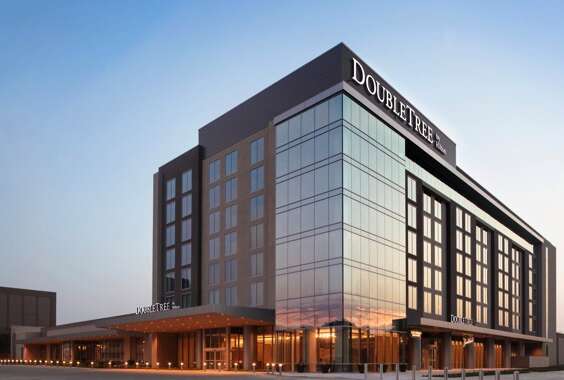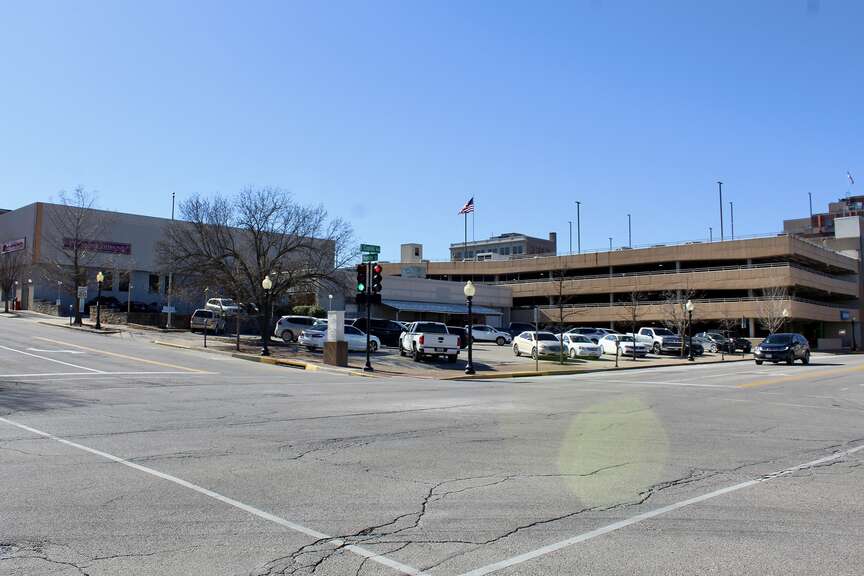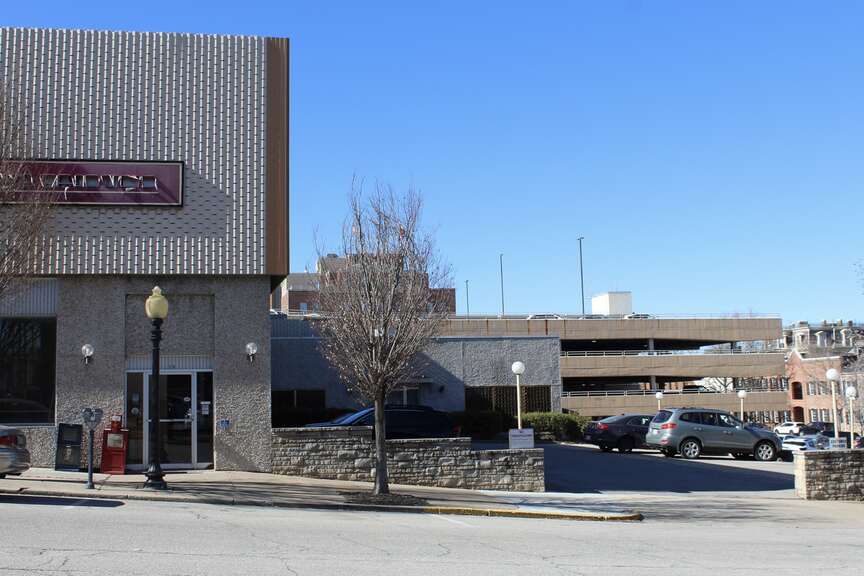SUMMER BALLENTINE and Associated Press
9 hours ago
JEFFERSON CITY, Mo. (AP) — Students across Missouri could have access to scholarships for private schooling through an expanded tax credit program passed Thursday in the GOP-led state Senate.
Senators voted 19-10 to pass the sweeping education bill, an approval earned after weeks of bipartisan negotiation. The measure now heads to the Republican-led House for approval.
The legislation represents a win for advocates of greater access to non-traditional K-12 education, such as private, religious, charter and virtual schooling. Part of the proposal would allow charter schools to open in Boone County, for example.
“We were focusing on providing choices beyond just public school,” Republican bill sponsor Sen. Andrew Koenig said.
But the measure also includes concessions for ardent public school supporters opposed to using public funding to support charters and private schools.
Compromises included in the bill include hundreds of millions of dollars in added funding for K-12 public schools and more money for districts that keep a five-day school week.
“Senate Democrats have always held the position that we’re going to oppose privatization of education through the siphoning-off of taxpayer funding,” Democratic Sen. Lauren Arthur said. “So, yes, we strongly oppose vouchers and the expansion of charters. I will say there was a lot in the bill that made it very tempting to vote for.”
Desperate search for Mizzou student missing in Nashville drags on
The heart of the legislation is the expansion of Missouri Empowerment Scholarships Accounts, a voucher-like program that offers education grants to low-income families. The scholarships are funded by private donors, who in turn receive tax credits.
The current program limits recipients to residents of the state’s largest cities and to families who make 200% of the federal poverty level, which is $62,400 a year for a family of four.
Supporters want to offer the scholarships statewide to families that make as much as 300% of the federal poverty level, or $93,600 for a family of four.
The legislation would increase the cap on tax credits from $50 million to $75 million per year.
Unrelated, the proposal would require a local vote for large-city school districts to go to four-day weeks.
In total, Republican and Democratic Senate leaders estimated the bill would cost the state between $400 million and $450 million a year once fully implemented.
In Missouri, the issue of so-called school choice has divided lawmakers beyond typical Republican-Democrat lines.
GOP legislators from rural Missouri have pushed back for years against allowing charter schools in their areas for fear that the institutions could draw students away from traditional public schools and undermine what’s seen as the backbone of their communities. And some Democrats want more options for students in cities with underperforming schools.
Lawmakers have until mid-May to send bills to Gov. Mike Parson.




